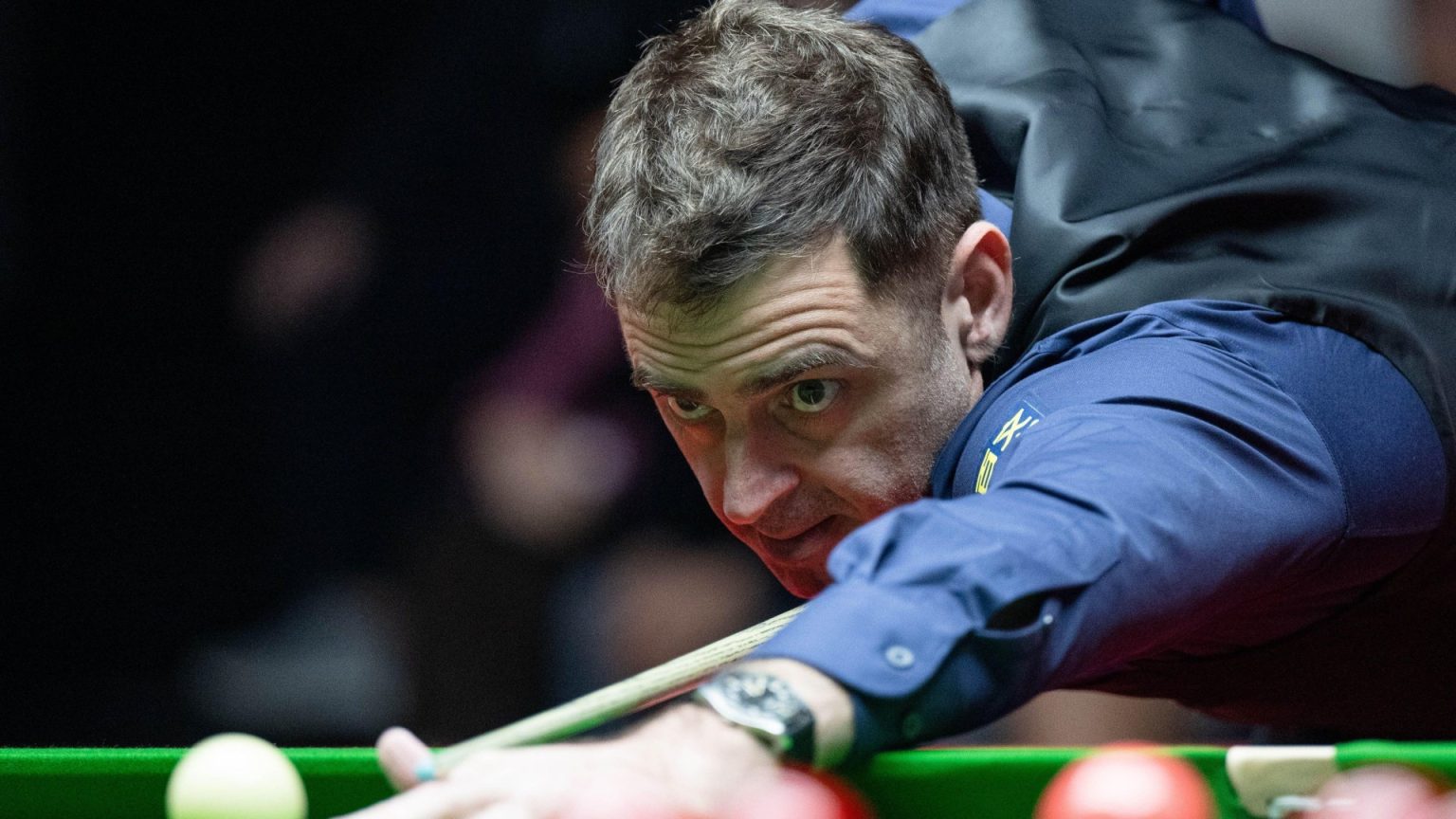Ronnie O’Sullivan, the snooker icon, withdrew from the prestigious Masters tournament just days before his highly anticipated first-round clash against fellow legend John Higgins. This unexpected decision, which paved the way for Neil Robertson to step in as a last-minute replacement, sent ripples through the snooker world. O’Sullivan, the defending champion, cited exhaustion as the primary reason for his withdrawal, revealing the toll that a demanding three-week trip to the Far East had taken on him. The trip, while lucrative due to a series of exhibition matches, proved physically and mentally draining, pushing him to the brink of burnout. This exhaustion culminated in a moment of frustration during a behind-closed-doors event in Leicester, where he snapped his cue in anger and discarded it in a bin, a stark illustration of his mental state.
The decision to withdraw, as O’Sullivan described it, was a “nightmare,” a difficult choice made more agonizing by the significance of the Masters tournament. He acknowledged that had he been asked about his readiness just a few days prior, he likely would have felt capable of competing. However, the accumulated pressures of his recent travels, coupled with the intense build-up to the Masters, ultimately proved too much to bear. The incident with the broken cue served as a tipping point, a clear indication that he was not in the right frame of mind to perform at the level expected of him, especially in such a high-stakes competition. He expressed his desire to give any replacement ample time to prepare, highlighting his respect for the tournament and his fellow competitors.
The broken cue added another layer of complexity to O’Sullivan’s predicament. He recounted how a friend retrieved the broken cue from the bin, preventing its permanent loss. Now faced with the necessity of adapting to a new cue, O’Sullivan acknowledged the challenge ahead. With upcoming tournaments on the horizon, including the ultimate goal of the World Snooker Championship at the Crucible in April, he recognized the importance of quickly acclimating to his new equipment and regaining his competitive edge. This unexpected equipment change introduces a new variable into his preparations, forcing him to adjust his technique and regain his feel for the game.
O’Sullivan’s withdrawal from the Masters marked a significant absence in the tournament. He had triumphed in the event a record eight times, most recently defeating Ali Carter in a contentious final the previous year. Despite not being considered the favorite this year, given his recent form, his absence was undoubtedly felt. Known for his lightning-fast breaks and occasional clashes with officials, O’Sullivan remains a captivating figure in the world of snooker, drawing attention and adding an element of unpredictability to every tournament he enters. His absence deprived fans of the opportunity to witness his unique style and extraordinary talent.
Beyond the immediate impact on the Masters tournament, O’Sullivan’s withdrawal raises broader questions about the pressures faced by professional athletes. His experience highlights the physical and mental demands of sustained competition, particularly with the added strain of travel and high expectations. The incident serves as a reminder that even the most accomplished athletes are susceptible to burnout and the importance of prioritizing mental and physical well-being. O’Sullivan’s candidness about his struggles offers valuable insight into the challenges athletes face behind the scenes and the importance of seeking support when needed.
Looking ahead, O’Sullivan expressed his hope to return to the Masters in future years. He recognizes the tournament’s prestige and its special place in the snooker calendar. Having reached the finals an impressive fourteen times, his ambition to lift the Paul Hunter Trophy once again remains undimmed. The Masters, with its unique format showcasing the top 16 players in the world and its electric atmosphere, holds a special allure for O’Sullivan. His desire to compete against the best and experience the thrill of victory in front of a passionate crowd underscores his enduring love for the game and his commitment to competing at the highest level. His withdrawal this year serves as a temporary setback, fueling his motivation to return stronger and more prepared for future challenges.


